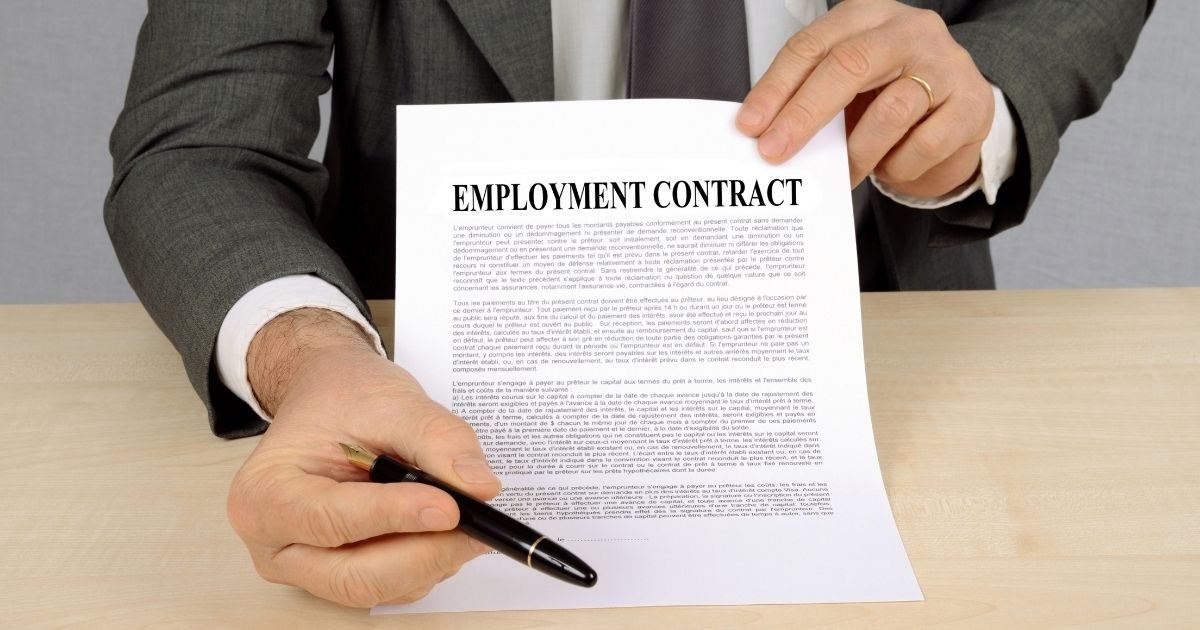Forming a Business Entity: A Comprehensive Guide to Choosing the Right Structure

Starting a business is an exciting journey, but there are many important decisions to make along the way. One of the most crucial decisions is choosing the right business structure. The type of business entity you select will significantly impact your company’s liability, taxation, management, and ownership structure. This comprehensive guide will help you understand the different options available.
Sole Proprietorship
A sole proprietorship is the simplest and most common form of business. It is owned and operated by a single individual who is responsible for all aspects of the business.
Pros:
- Easy to set up and maintain.
- Complete control over the business.
- Minimal legal formalities and paperwork.
- Pass-through taxation.
Cons:
- Unlimited personal liability; the owner is responsible for all debts and legal obligations.
- Limited funding opportunities.
- Potential difficulty in transferring or selling the business.
Example: A freelance graphic designer operating under their name would be a sole proprietor.
Best for small, low-risk businesses with no employees and minimal capital requirements.
Partnership
A partnership involves two or more individuals agreeing to share a business venture’s profits and losses.
Pros:
- Relatively easy to set up.
- Shared responsibility and decision-making.
- Pass-through taxation.
- Potential to attract investors.
Cons:
- Unlimited personal liability for all partners unless a limited partnership is formed.
- Potential for disagreements and conflicts among partners.
- More complex management structure compared to a sole proprietorship.
Example: Two friends open a small bakery together, sharing the costs, responsibilities, and profits.
Best for businesses with multiple owners who want to share decision-making and financial responsibility.
Limited Liability Company (LLC)
An LLC is a hybrid business structure that combines the limited liability protection of a corporation with the pass-through taxation of a sole proprietorship or partnership.
Pros:
- Limited personal liability; owners are not personally responsible for business debts and liabilities.
- Flexible management structure and ownership distribution.
- Pass-through taxation.
- Possible tax benefits.
Cons:
- More complex and costly to set up and maintain than a sole proprietorship or partnership.
- Some states impose additional taxes on LLCs.
- Possible restrictions on the type of businesses that can form an LLC.
Example: A group of software developers creates an LLC to develop and sell a mobile app.
Best for businesses seeking limited liability protection and a flexible management structure without the formalities of a corporation.
Corporation
A corporation is a separate legal entity from its owners (shareholders) and is governed by a board of directors.
Pros:
- Limited liability protection for shareholders.
- Ability to raise capital through the sale of stock.
- Transferable ownership.
- Perpetual existence.
Cons:
- Complex and costly to set up and maintain.
- Double taxation; profits are taxed at the corporate level and again when distributed as dividends to shareholders.
- Extensive record-keeping and reporting requirements.
Example: A tech startup raising capital through venture funding would likely choose to incorporate.
Best for raising significant capital, going public, or operating on a large scale.
Philadelphia Business Lawyers at Sidkoff, Pincus & Green P.C. Can Help You Choose the Right Business Structure
Choosing a business structure can seem overwhelming. You can make an informed decision by understanding the different types and how they may affect your business. Speak with our Philadelphia business lawyers at Sidkoff, Pincus & Green P.C. about your legal options. Call us at 215-574-0600 or contact us online to schedule an initial consultation. Located in Philadelphia, we serve clients in Pennsylvania and New Jersey.
























